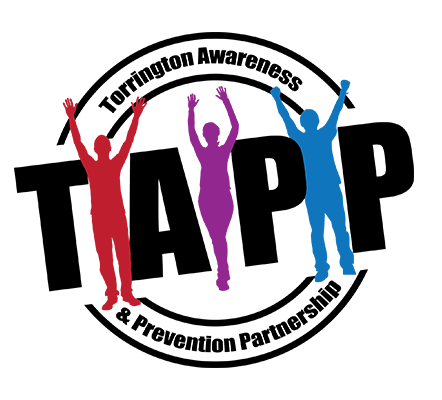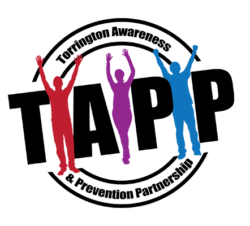Mental Health
Data from Youth Voices Survey


Student Mental Wellbeing:
Anxiety: For grades 6-12, 29.5% of youth reported feelings of anxiety in the past year as occurring almost always (16.3%) and always (13.2%). 30.9% of youth report their feelings of anxiety make things difficult for them in their lives always or almost always.
Sources of Anxiety: For grades 6-8, the most reported sources of stress or worry in their lives are academics, post-high school plans, and peers. For grades 9-12, it was academics, post-high school plans, and schedule. For all grades, social media and financial security ranked as the lowest source of anxiety among the provided choices.
Self-Harm: 18.0% of youth in grades 6-8 reported having thoughts of self-harm and 11.2% report having harmed themselves in the past year. For grades 9-12, 17.3% reported having thoughts of self-harm and 11.2% report having harmed themselves in the past year.
Depression: 22.9% of youth in grades 6-8 and 24.6% of youth in grades 9-12 reported having “felt sad or hopeless for two or more weeks in a row so much it stopped me from doing my usual activities” in the past year.
Suicidal Ideation in the Past Year: 9.7% of youth in grades 6-8 and 10.9% of youth in grades 9-12 reported having considered attempting suicide within the past year.
Comfort Seeking Help: For grades 6-12, the sources youth felt most comfortable seeking help from were parents (61.5%) and friends (54.7%).
Having a Trusted Adult: 89.7% of youth in grades 6-12 agreed with the statement, “I have at least one adult in my life that I can share my thoughts and feelings with.”
Community and School Safety: For grades 6-12, 79.5% of youth agreed with the statement, “I feel safe in my community” and 65.6% agree with the statement, “I feel safe at school.”
Bullying:
Bullying Frequency: 55.1% of youth in grades 6-12 report having been bullied in their lifetime. 7.6% experienced this 1 to 5 days in the past month, 3.0% 6 to 20 days in the past month and 2.9% for 21 days or more in the past month.
Bullying Types: The types of bullying most frequently reported among youth grades 6-12 were mean names or comments, exclusion, and rumors.
Bullying Locations: Bullying most frequently occurs in the hallways, classroom, and at lunch.
Youth Mental Health: A Growing Concern
In the US, as many as 1 in 5 children between the ages of 3 and 17 are reported to have a mental, emotional, developmental, or behavioral disorder (Perou et al, 2011). There has always been a need for a focus on youth mental health, but evidence shows that this need has increased over time. From 2009 to 2019, the proportion of high school students reporting persistent feelings of sadness or hopelessness increased by 40%; those seriously considering attempting suicide increased by 36%; and those who report having created a suicide plan increased by 44% (Center for Disease Control and Prevention, 2020).
In 2021, the Surgeon General of the United States released an Advisory recognizing the urgency of the growing youth mental health crisis; Advisories are reserved for significant public health challenges, which need immediate awareness and action.

THE ADOLESCENT BRAIN IS VULNERABLE
The young brain is still developing, and is extremely sensitive to the effects of addictive substances. Not only are young brains at a greater risk of developing an addiction, an addiction to one substance can further increase the risk of becoming addicted to other substances. World Science Festival published a fantastic clip discussing the ability for nicotine to prime the brain for further addictions.


TAPP is a community coalition whose mission is to promote healthy life choices through collaboration, education, support and training. We engage and mobilize youth, parents and community partners to prevent substance misuse, foster emotional health, and maintain a safe and healthy community.
58 High Street, Torrington, CT 06790
(959) 799-1445
joshua.licursi@mccallbhn.org


